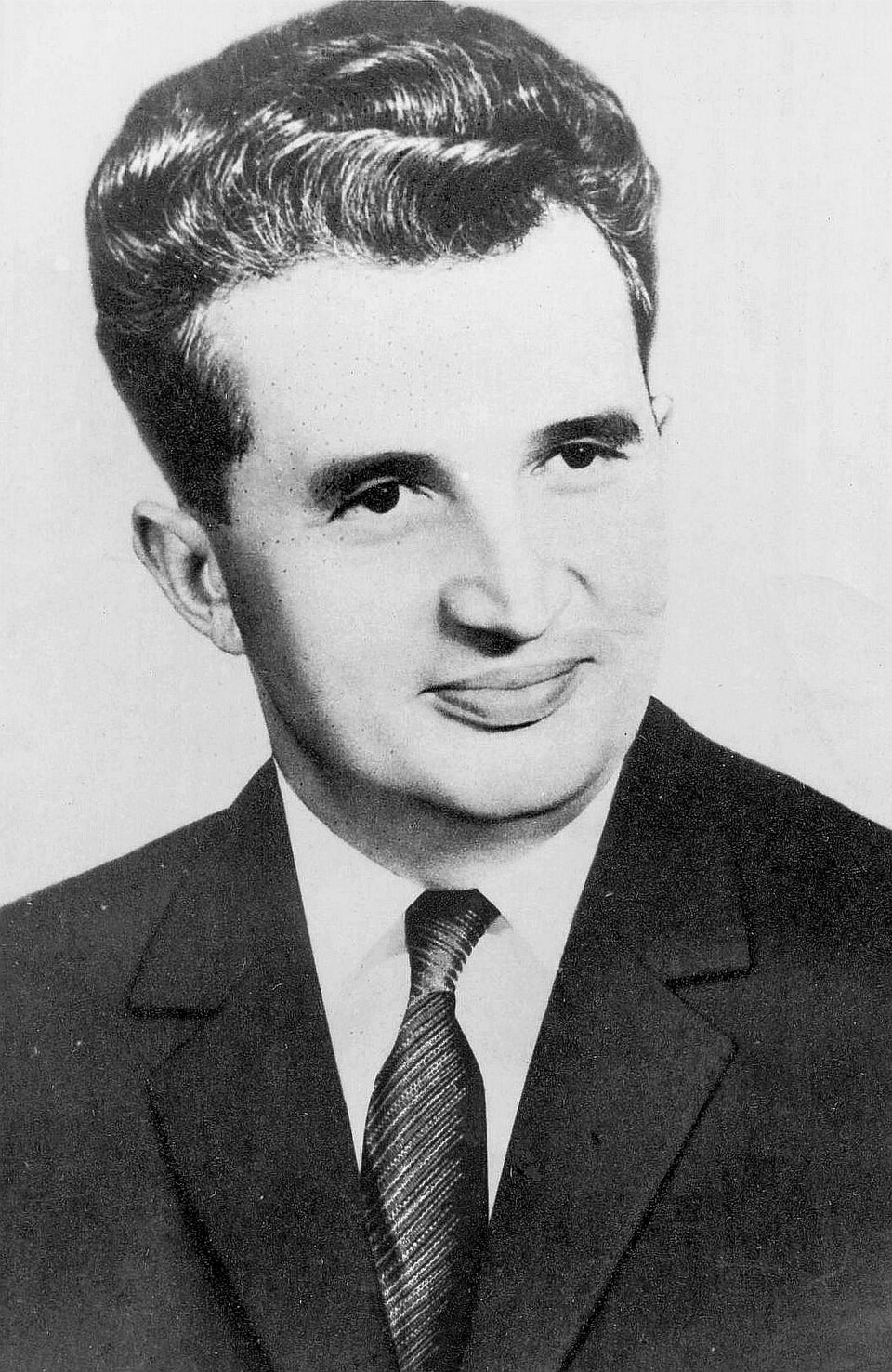
In recent weeks, U.S. authorities have sounded the alarm about the safety of the American power grid. Increasingly, extremist groups are actively plotting to disrupt electrical power in various cities across the country. In 2022, there were over 100 such incidents. One month into 2023, we have seen over a dozen attempts. The most recent plot was uncovered on February 6 and involved neo-Nazis trying to destroy Baltimore, Maryland’s power grid. This plot was an effort to instigate a race war between the Black and White residents in the city and surrounding suburbs. While the groups looking to promote such domestic terrorism are clearly in opposition or contrast with the majority of the members of a society and are, thus, examples of a counterculture, it takes a bit more digging to understand the forces that play a role in their broader perspective. To better understand why people act this way toward one another, let’s take a few minutes to consider the topic of socialization.

For our purposes, socialization is defined as the process by which one learns the appropriate attitudes and behaviors within a culture. Typically, when we think of socialization, we think of whether a person is taught to use chopsticks or a fork or whether they are taught to bow or shake hands. Socialization can also encompass beliefs and attitudes about other people. Are you taught to treat everyone equally? Or are you taught that your group of people is superior to different groups of people? For example, at one point, Lamb and Lynx Gaede were the neo-Nazi version of the Olsen twins, the child stars of the 1980s television series Full House. From childhood to their teen years, Lamb and Lynx performed White Nationalist songs at neo-Nazi rallies. The twins weren’t born neo-Nazi entertainers. They were socialized that way by significant others, individuals who are important to the development of self. Significant others can include parents, siblings, relatives, friends, and teachers, who play an essential role in your development. Social learning theory, the process of learning from one another in a social context as a result of observation and imitation, helps explain how the learning between the individual and the significant other occurs. Lamb and Lynx learned to be neo-Nazis by observing and interacting with their family.

Family, as an agent of socialization, often plays a crucial role in teaching someone to hate. Specifically, other agents include individuals, groups, and institutions that influence the attitudes and behaviors of members of society. While most people don’t gravitate to groups that spew hate, these groups often make a concerted effort to reach out to vulnerable young people to recruit them into the fold via media such as virtual games and online chats. Religion is another agent of socialization that can be used to teach people to hate. White Christian Nationalism does so by using the tenets of Christianity to promote both racism and sexism.
Historically, such radical counterculture was often hidden; it was backstage behavior, part of a person’s private world they choose not to reveal to the larger society. Hiding behind sheets and robes of the Ku Klux Klan to obscure the public’s perception, these perpetrators of hate caused immeasurable harm to people of color and religious minorities across the country. Today, hate is often front stage, a person’s public life that they reveal to the world, proudly worn as a badge of honor. Frontstage hate is displayed in social media posts, at political rallies, on t-shirts, and on car bumper stickers with no care toward how it is perceived or received. The hate has been unmasked.

Counterculture groups aren’t always bad. The Hippy Movement of the 1960s is an example of a counterculture movement that had some positive outcomes for society. On the other hand, one must look at hate groups with a magnifying glass and consider how their stated goals would impact not only individuals but also the stability of the society. As we have seen, we can lean on our understanding of socialization to gain insight into the source of hate. In the end, one cannot help but wonder if the haters were to experience identity transformation in which social norms and roles are altered or replaced, would their resocialization result in meaningful change to the society overall?
Thompson is a co-owner of UITAC Publishing. UITAC’s mission is to provide high-quality, affordable, and socially responsible online course materials.
Images used in this blog:
- Photo by analogicus is licensed by Pixabay. This image has not been altered.
- “Ashley Mary-Kate Olsen 2011 Shankbone” by David Shankbone is licensed under CC BY 3.0. This image has not been altered.
- Photo by Ketut Subiyanto is licensed on Pexels. This image has not been altered.
- Photo by Pexels is licensed on Pixabay. This image has not been altered.




